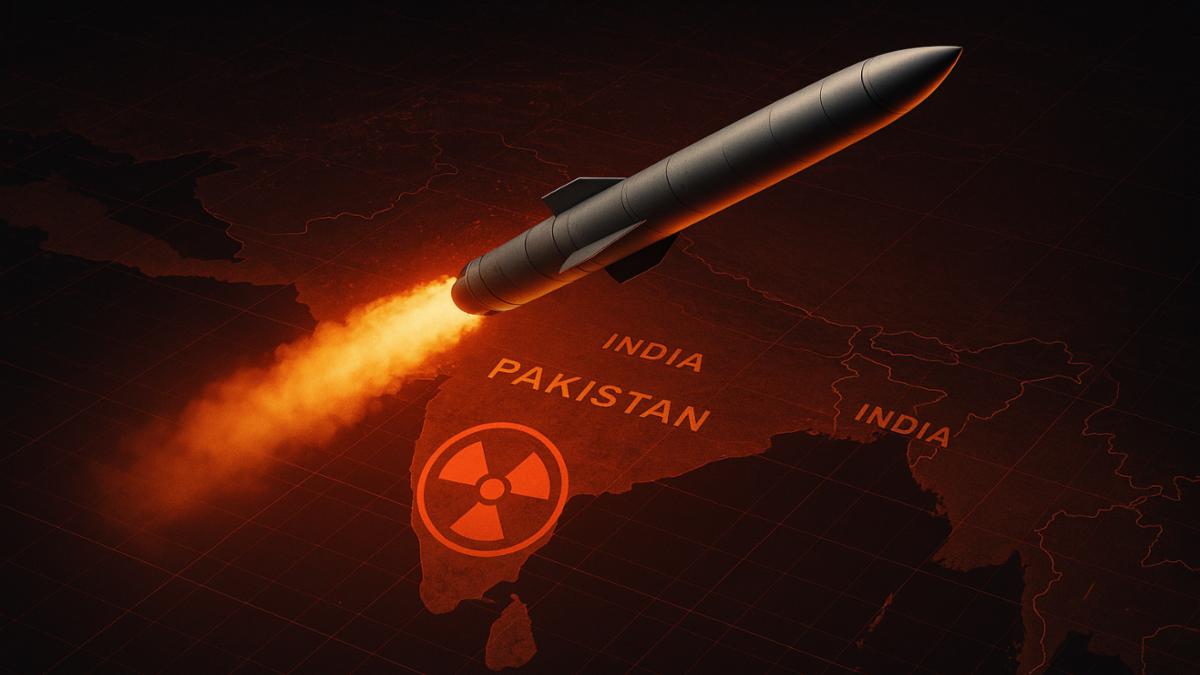Article Body
Why Israel Allegedly Planned to Target Pakistan’s Nukes | Strategic Ties with India
Israel's interest in neutralizing Pakistan's nuclear capabilities — especially as speculated in historical reports or geopolitical analyses — is primarily driven by its own national security concerns and broader strategic calculations. If Israel ever considered targeting Pakistan’s nuclear assets (as some reports and intelligence leaks have suggested in the past), it was not necessarily "for the sake of India" — but there are interconnected reasons why India’s interests may have aligned.
Here’s a breakdown:
Strategic Reasons Why Israel Might Target Pakistan’s Nukes
1. Nuclear Proliferation Concerns
-
Pakistan’s nuclear program has long been viewed with suspicion by the West and Israel.
-
A.Q. Khan’s proliferation network spread nuclear technology to Iran, North Korea, and Libya — three nations with problematic relationships with Israel.
-
Israel is deeply concerned about nuclear weapons ending up with non-state actors or hostile regimes.
2. Islamist Extremism Risk
-
Pakistan has a history of internal instability and strong ties to radical Islamist groups.
-
Israel fears that a nuclear-armed Pakistan, under pressure from extremists, could pose a global security threat.
3. Support for Anti-Israel Entities
-
Pakistan has historically supported Palestinian causes and does not recognize Israel.
-
Pakistan has also had indirect ties with Iran and Arab countries hostile to Israel.
India’s Alignment with Israeli Interests
India is Pakistan’s rival, and India–Israel defense cooperation is strong. Here’s how their interests might align:
1. Shared Enemy: Pakistan
-
India and Israel both consider Pakistan a major security threat — India due to direct conflicts, and Israel due to ideological and nuclear proliferation risks.
2. Military Cooperation
-
India and Israel have a strong defense and intelligence relationship. If a hypothetical Israeli strike on Pakistan’s nuclear sites were considered, India might offer airspace or strategic support.
-
Some reports even allege that India and Israel once jointly planned a strike during the 1980s but aborted due to diplomatic risks.
3. Stabilization of South Asia
-
From Israel’s point of view, a nuclear-free Pakistan could weaken anti-India forces, making the region more stable — and by extension, reducing the influence of radical Islam in global geopolitics.
Historical Speculations and Leaks
-
1980s Plan: There were rumors (e.g., in books by former intelligence officials) that India and Israel contemplated a joint pre-emptive strike on Pakistan’s Kahuta nuclear facility.
-
U.S. Intervention: The U.S. reportedly warned Pakistan of these threats and pressured India and Israel to back off.
-
Mossad-RAW Collaboration: Though mostly unconfirmed, it is widely believed that the two agencies have shared intelligence regarding Pakistan’s nuclear program.
Summary: Not "for India" — But in Parallel
-
Israel's motives are based on its own security.
-
India benefits indirectly from any weakening of Pakistan’s nuclear capabilities.
-
Cooperation or alignment between Israel and India on Pakistan is more of a converging strategic interest, not Israel acting purely "for India."

Comments